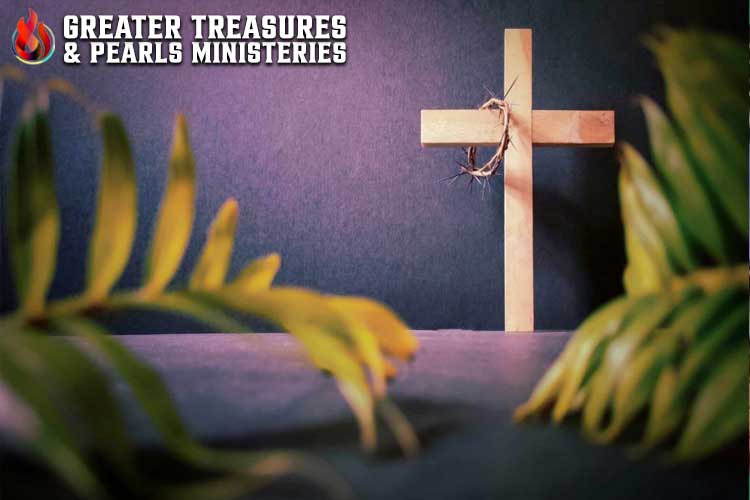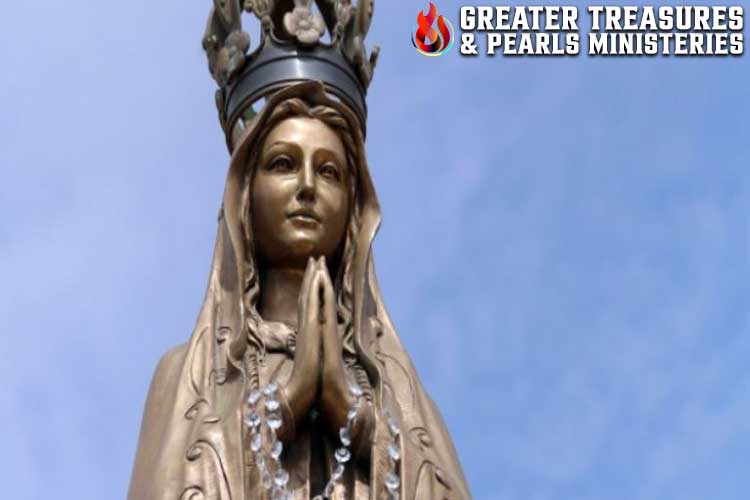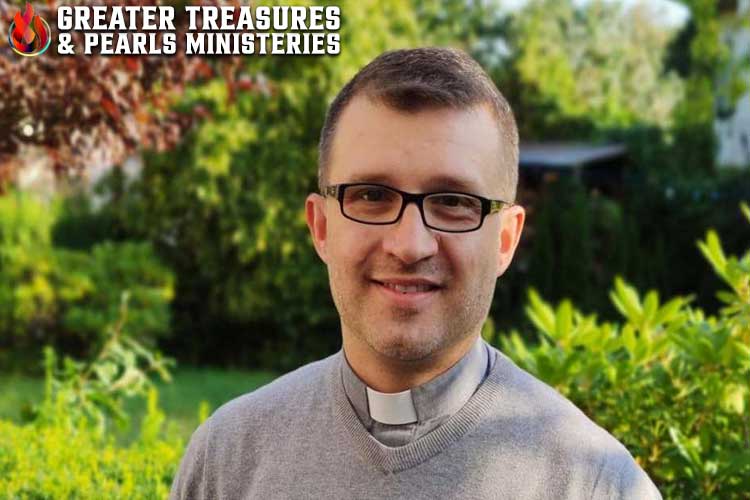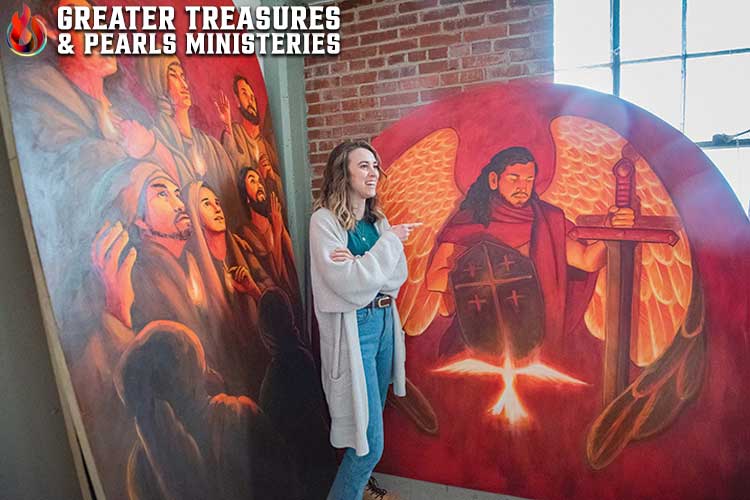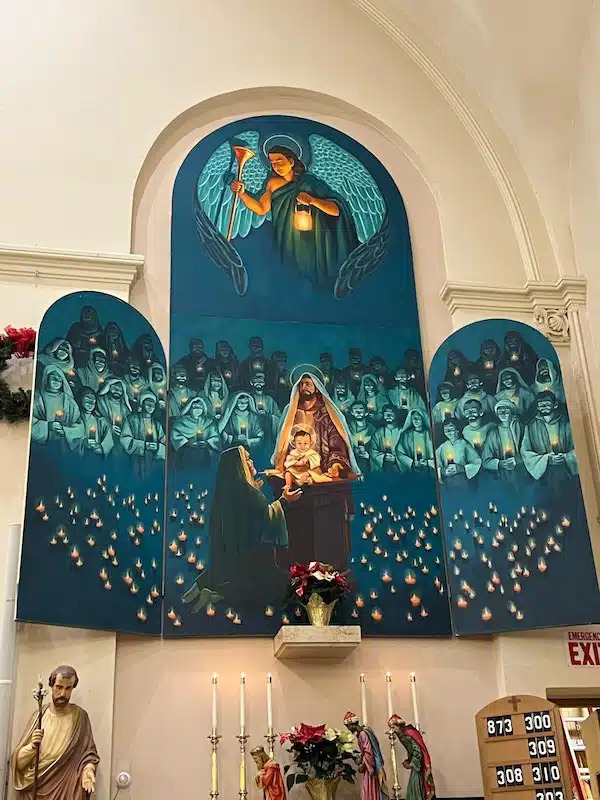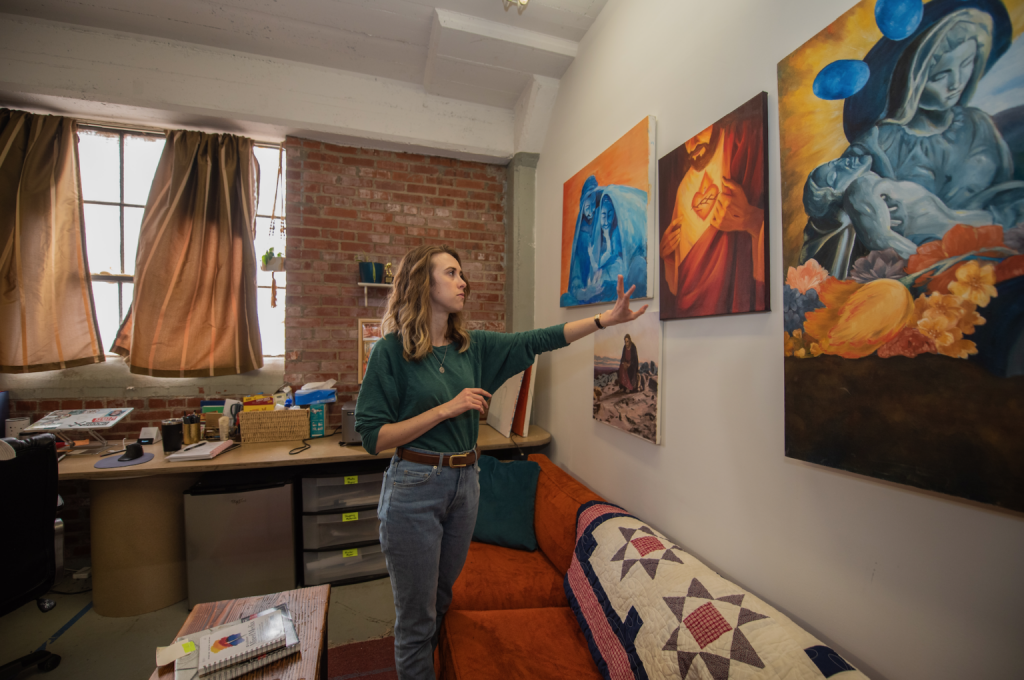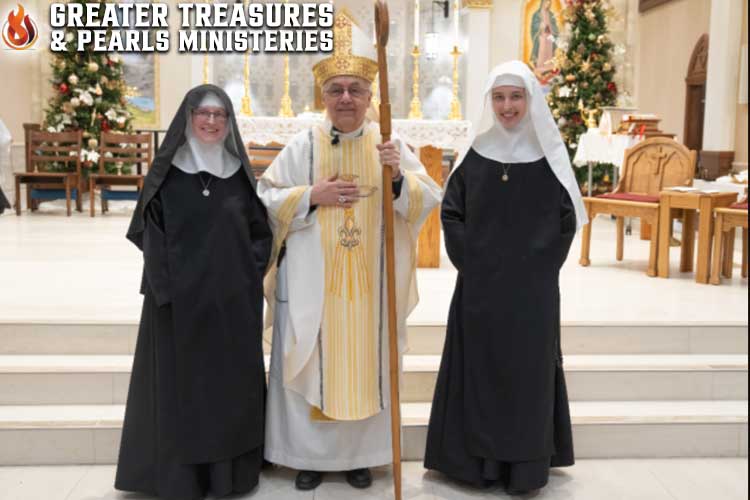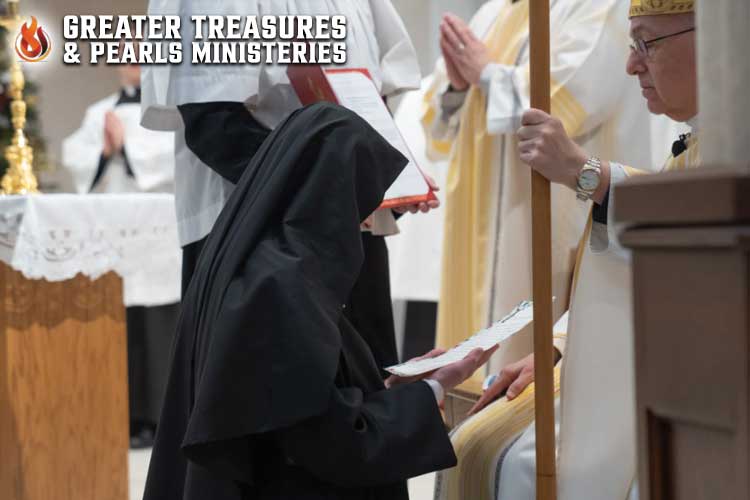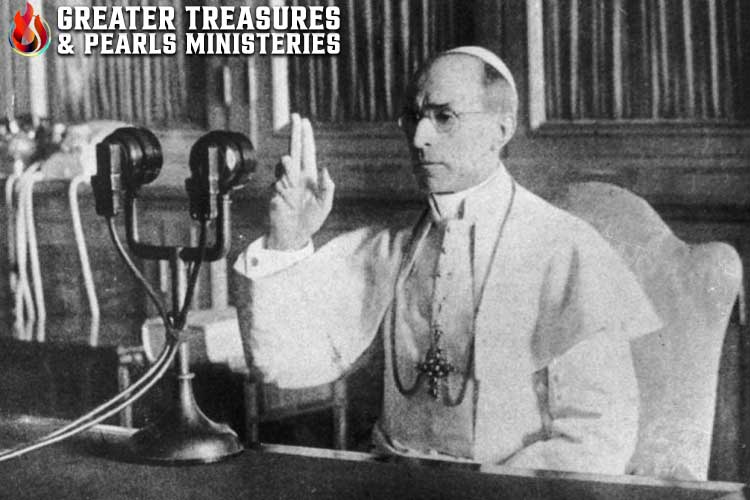
ROME, Gtpministries.org – Priests of the Society of Jesus (Jesuits) found a list of names of thousands of Jews who were protected by Catholics in Rome during the war. This finding adds further evidence of the heroism of Pope Pius XII.
The list was found in the archives of the Jesuit-run Pontifical Biblicum Institute of Rome, Italy. On the list are some 4,300 people who were protected between September 1943 and June 1944, when Rome was liberated by Allied forces.
Of these, 3,600 people were identified based on their names on the list; of these, at least 3,200 were Jews. Researchers have compared the list with archives maintained by the Jewish community in Rome.
Hidden in the Monastery
At that time, there were at least 100 orders of Catholic nuns and 55 orders of Catholic monks, as well as parishes and other Catholic institutions, providing shelter during the German occupation. These Jews were hidden in monasteries, parishes and houses belonging to the order.
During the period of the Nazi occupation of Rome, at least 2,000 Jews, including hundreds of children and teenagers, were murdered. The total number of Jews in Rome was at least between 10,000 and 15,000 people. Most of them died in the Auschwitz-Birkenau camp, after being captured by the Nazis in mid-October 1943.
News about the discovery of the list of rescued people was announced last Thursday, September 7 2023 at a conference at the Rome Holocaust Museum. However, detailed information on these findings has not been published in its entirety for privacy reasons.
“We know where they were hidden and, under certain circumstances, where they lived before the persecution,” said a joint statement from the Pontifical Biblical Institute, the Jewish Community of Rome and Yad Vashem.
According to researchers involved in the project, the list was compiled by Italian Jesuit Father Gozzolino Birolo, between June 1944 and the spring of 1945. Birolo, who died of cancer in June 1945, had been in charge of the finances of the Biblicum di mena rector at that time it was German Father Augustin Bea SJ, who later became a Cardinal and a pioneer of Jewish-Catholic relations after the war.
Among the church facilities in Rome where Jews took refuge, according to documentation, were the Parish of the Transfiguration, the Parish of Divine Providence, the Major Seminary of Rome, the Church of San Carlo al Corso, the Parish of Santa Maria in Trastevere, the Church of Santa Maria delle Fornaci.
Researchers say that a list of religious institutions in Rome that housed Jews, along with the number of cases, was published by an Italian historian named Renzo De Felice in 1961. However, the source on which the list was based was thought to be lost until recent discoveries. This.
Although the list of people rescued consisted mainly of Jews, researchers said there were also a number of people wanted by the Nazis for other reasons, including Italian partisans involved in resistance to the occupation. Historians believe that the protection afforded to the Jews, by religious institutions in Rome, would not have been possible without the explicit encouragement of Pope Pius XII.
Defamation of Pius XII
At that time, Pope Pius The Vatican has long considered such claims to be defamatory.
Pope Benedict XVI of Germany, three years after visiting Auschwitz, refused to visit the exhibition at the Yad Vashem Holocaust Memorial in Israel because of these false accusations. Benedict XVI defended his predecessor and believed that Pope Pius XII had fought to save the Jews who were being chased by the Nazis. When the Jews reached the Vatican, Pope Pius
Mendiang Sir Martin Gilbert, pakar Holocaust dan seorang Yahudi terkemuka di dunia, juga berpandangan bahwa pameran di Yad Vashem Holocaust Memorial tersebut merupakan gambaran keliru yang “berbahaya”. Mitos diamnya Paus Pius bermula dari “The Deputy”, drama fiksi karya Rolf Hochhuth yang muncul pada tahun 1963, lima tahun setelah kematian Paus Puis XII, yang selanjutnya melahirkan serangkaian karya polemik.
Perintah Konklaf
Paus Pius XII tidak menandatangani kecaman Sekutu atas penganiayaan terhadap orang Yahudi pada tanggal 17 Desember 1942. Hal ini untuk menunjukkan bahwa ia netral. Namun, seminggu kemudian, ia menggunakan pesan Natalnya untuk mengecam kengerian “ratusan ribu orang yang dibantai.
Sejauh menyangkut Nazi, Pius XII bukanlah Paus yang pendiam. Adolf Hitler yang selalu menanggapi kritik dengan kekerasan. Pada pertemuan tanggal 26 Juli 1943, Hitler bahkan telah menyusun rencana untuk menyerang Vatikan dan menangkap Paus dan para kardinal seniornya. Saat itu, Amerika Serikat, Spanyol dan Portugal masing-masing menawarkan pengasingan kepada Paus, tetapi Paus menolak meninggalkan Vatikan.
Italia menjadi negara pendudukan ketika, negara itu menandatangani gencatan senjata dengan Sekutu pada tanggal 3 September 1943. Tiga hari kemudian, Pius XII mengatakan kepada para uskup senior, bahwa penangkapannya akan segera terjadi dan ia akan mengundurkan diri pada saat itu. Selanjutnya, ia juga menginstruksikan, kalau itu terjadi para Kardinal dapat berkumpul di sebuah negara yang aman, mungkin Portugal, dan menyelenggarakan konklaf untuk memilih Paus yang baru.
Rencana Gagal
Rencana Hitler untuk menyerang Vatikan ini terungkap pada tahun 2007 ketika Dan Kurzman menerbitkan A Special Mission, sebuah buku berdasarkan wawancara dengan Karl Otto Wolff, Jenderal Pasukan Schutzstaffel (SS/Pasukan Khusus Nazi) yang diperintahkan untuk melaksanakannya.
Operasi tersebut ditunda tanpa batas waktu ketika Wolff menasihati Hitler untuk tidak melakukannya pada bulan Desember 1943, pada saat 477 orang Yahudi diam-diam berlindung di Vatikan. Saat itu, sekitar 3.000 orang Yahudi berada di Castel Gandolfo. Sementara itu, sebanyak 5.000 orang Yahudi lainnya disembunyikan di banyak biara di Kota Abadi.
Saat itu, beberapa orang Yahudi dilengkapi dengan akta baptis palsu bahkan ada yang menyamar sebagai pendeta. Sementara itu para biarawati di salah satu biara bahkan menyediakan rumah mereka kepada wanita Yahudi.
Sangatlah penting dipahami, bahwa tindakan kepahlawanan rahasia ini dimulai atas instruksi langsung Paus Pius XII pada tanggal 16 Oktober 1943. Hari itu tentara SS mulai mengumpulkan orang-orang Yahudi di Roma untuk dideportasi.
Gereja Katolik Menyelatkan Paling Banyak
Historical data collected among Jewish historians is the largest source containing evidence of the heroic role of Pope Pius XII. This confession dates back to the 1960s and states that the Catholic Church saved more lives than all international institutions combined.
Israeli diplomat Pinchas Lapide estimates that the Church under the leadership of Pius Pius XII saved up to 850,000 Jews from death. He based his assessment on Yad Vashem records.
The Chief Rabbi of Rome, Israel Zolli in 1946 became a Catholic and took the baptismal name Eugenio. He chose this name as a tribute to Pius XII, who was previously Cardinal Eugenio Pacelli.
